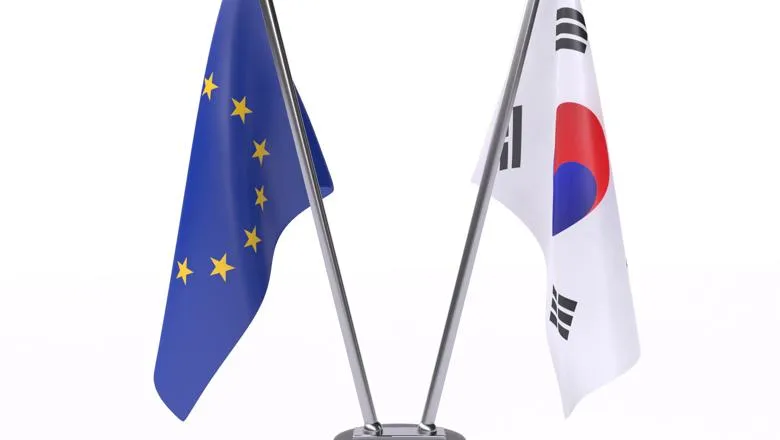Korea is increasingly acknowledged as a world leader in innovation. Now is the time to understand the drivers of its innovation capacity, including the meteoric rise of its startup ecosystem and its exemplary R&D support. In this report, we detail the innovation policies, and the supporting institutions, fuelling this advance for Korea since 1998, with a view to drawing these essential lessons and also outlining recommendations for how the EU can boost collaboration with Korea’s open innovation system.
Dr Robyn Klingler-Vidra
02 June 2021
Technological Innovation in the EU and the Republic of Korea: Similarities, Differences and Areas for Cooperation
A recent report by Dr Robyn Klingler-Vidra, Dr Ramon Pacheco Pardo and MEP Susanna Solis examining technical innovation in the EU and the Republic of Korea has found that there is a strong potential for “collaboration for mutual benefit in a wide range of areas”.

These include a diverse range of sectors such as nanoelectronics, artificial intelligence, antimicrobial resistance and disaster resilience and security.
The report examines the factors behind the Republic of Korea’s exponential growth as one of the world’s greatest innovators, including their extensive and burgeoning start-up culture.
The research identified a variety of factors that have contributed to the Republic of Korea’s successful innovation: state funding has been crucial to the growth and development of the Republic of Korea’s start-up ecosystem, providing increased capacity for innovation and a boost in activity levels. This is supported by an open innovation system approach, of which collaboration between large firms and startups forms the core, as well as the introduction of “startup-friendly stock markets and public investment in adventure capital”.
Dr Robyn Klingler-Vidra outlined how this can be used to identify potential opportunities for the EU:
Based upon our detailed study of the Korean innovation system, we outline a series of ideas for concrete actions, both incremental and “blue sky thinking”, for the EU. This includes ecosystem boosting elements, such as a startup-friendly stock exchange, as well as mechanisms to fuel collaboration across the Republic of Korea and the EU, such as a K-Global startup programme, and centre, in the EU, and an EU-ROK Startup centre in Seoul.
Dr Robyn Klingler-Vidra
Findings from the report were presented to the European Parliament at an event by RENEW EUROPE, with the Ambassadors of the Republic of Korea to the EU and of the EU to the Republic of Korea sharing their thoughts on innovation and collaboration.

